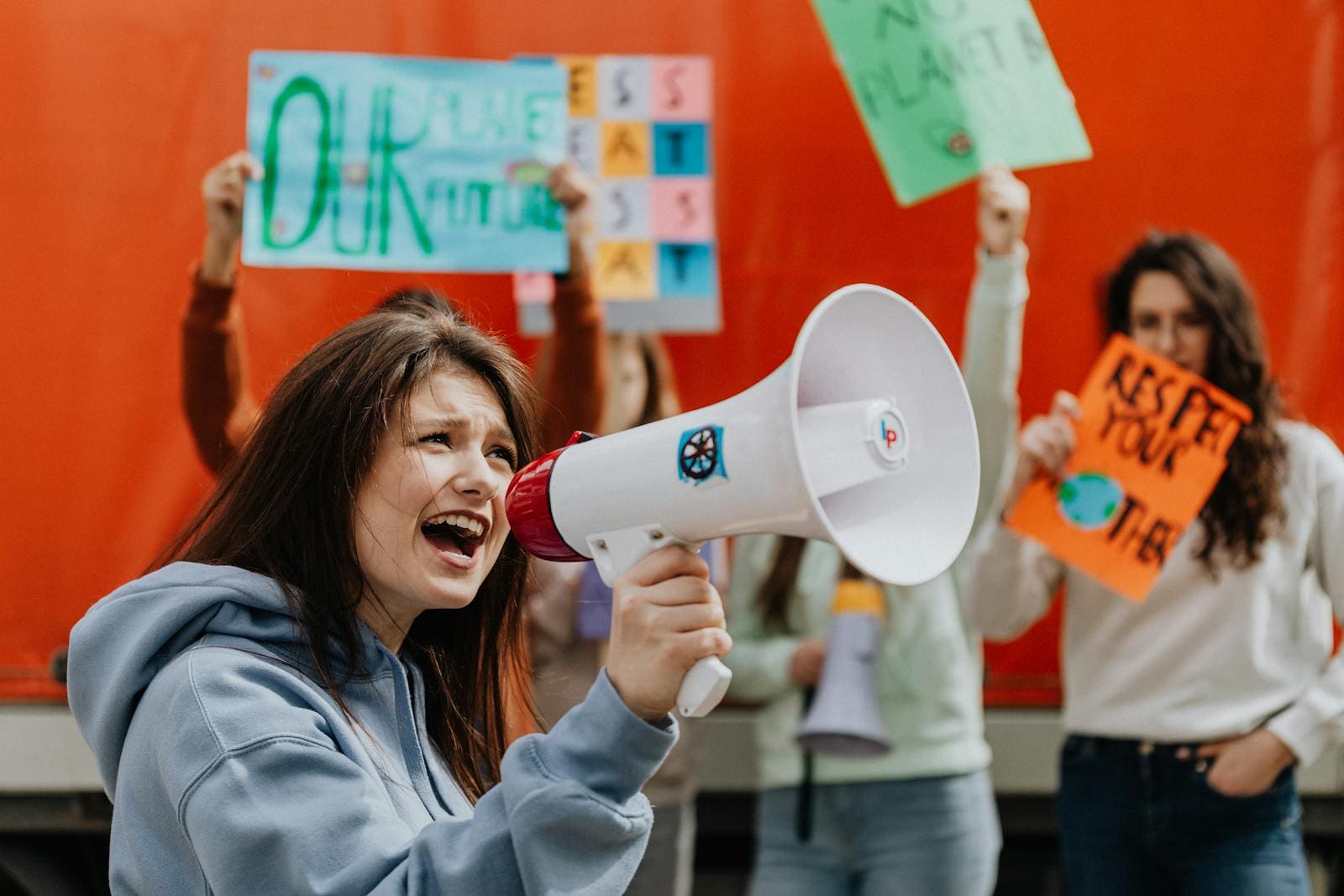The following 20 phrases were once commonplace. Now, they’re all considered insensitive or offensive. Some may disagree or think mountains are being made of molehills. Regardless, if you currently use any of these, think before you speak!
20. Indian Giver
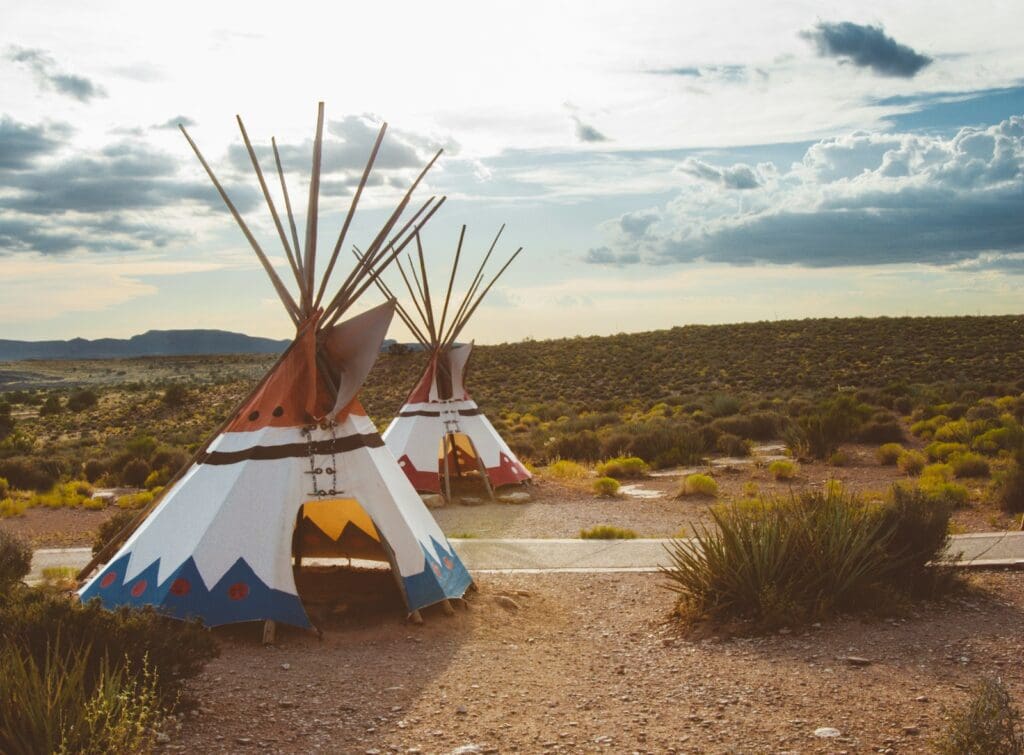
As slang, Indian giver means giving someone something and later demanding or taking it back. The US government repeatedly granted land to the Indians and took it back. Today, the term offends by associating a negative stereotype with Native Americans. Originally the term alluded to the Native American practice of expecting a gift in return for one that is given.
19. Black Sheep
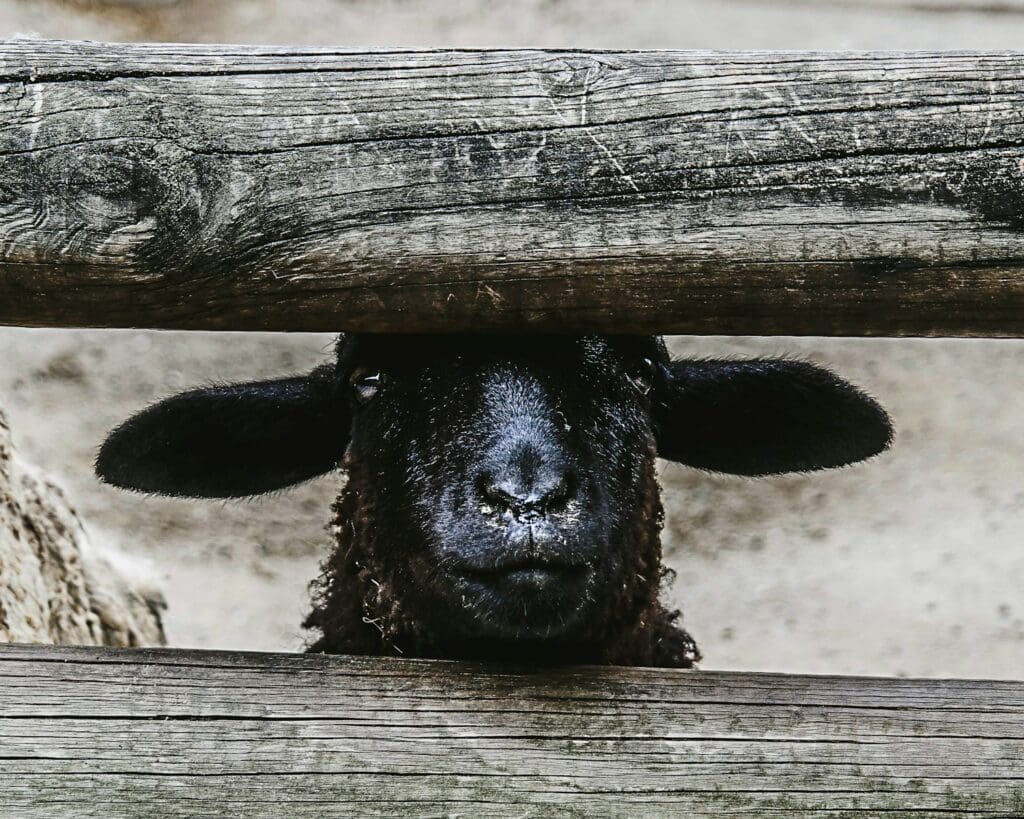
The term originated because black wool is considered less commercially undesirable. It cannot be dyed in different colors as white wool can. Therefore, the term “black sheep” (of the family or bunch) came to describe someone different, an outcast, or undesirable. Today, people view it as reinforcing negative stereotypes of Black people.
18. Girls Will Be Girls or Boys Will Be Boys
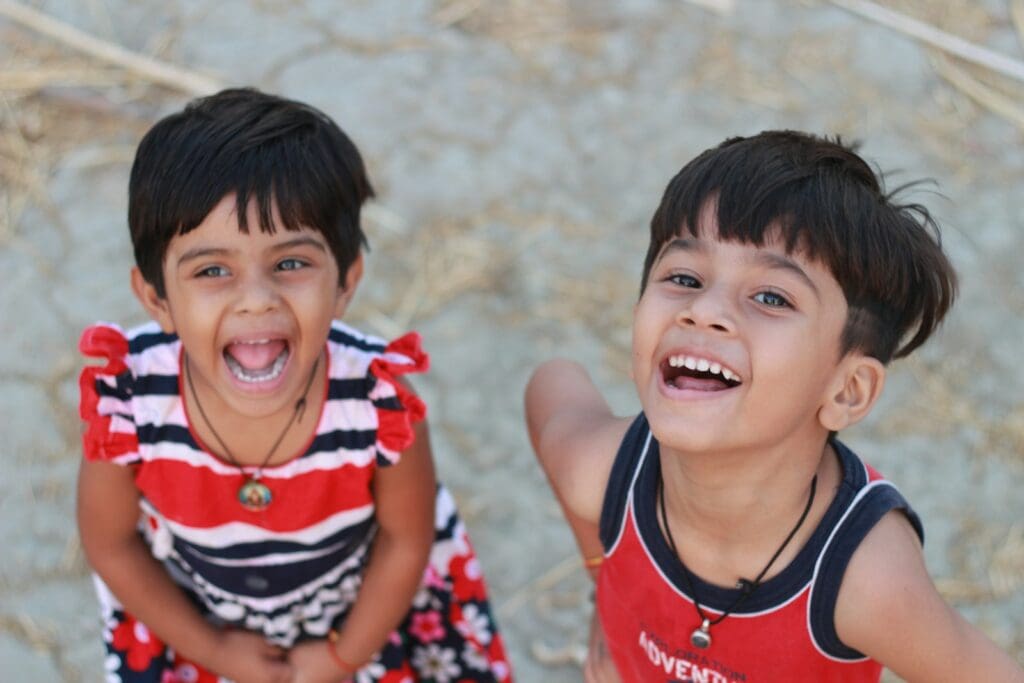
The phrases “girls will be girls” and “boys will be boys” refer to certain behaviors not being surprising or unusual. For example, for girls, it could refer to their being dramatic, or emotional. For boys, it’s sometimes used to excuse improper behavior. It is considered offensive because it implies gender stereotypes.
17. That’s or You’re Crazy
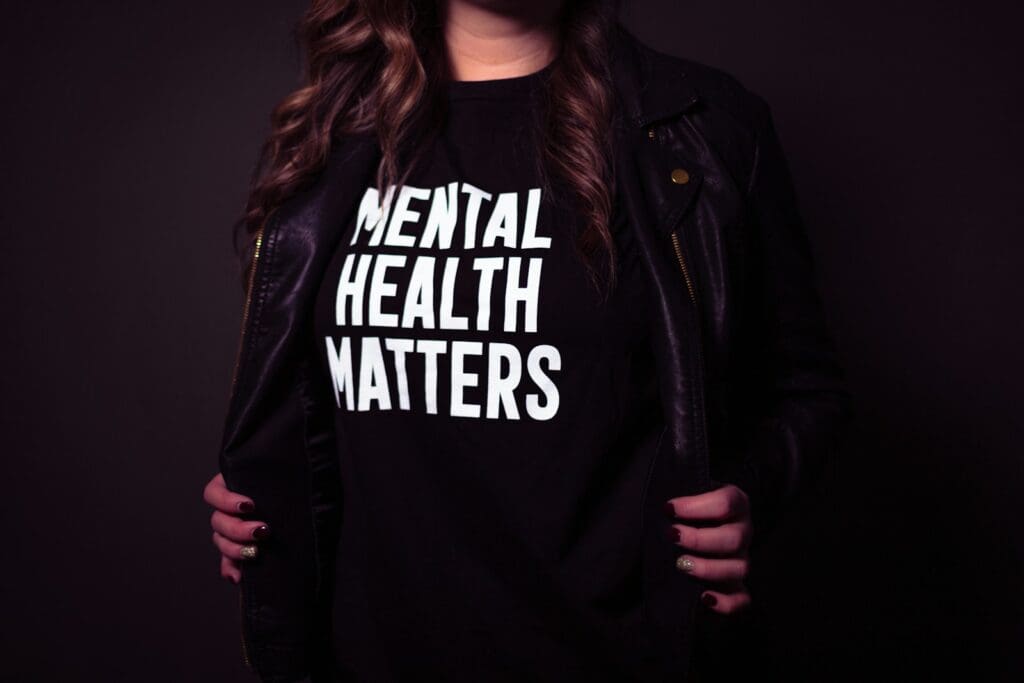
As slang, crazy had multiple meanings such as weird, strange, unusual, odd, or wild (“This is crazy, man.”). But today, people would prefer you use the aforementioned words as alternatives. “Crazy” is now viewed as derogatory because of its association with mental illness and viewing it in a negative light.
16. Jew Down
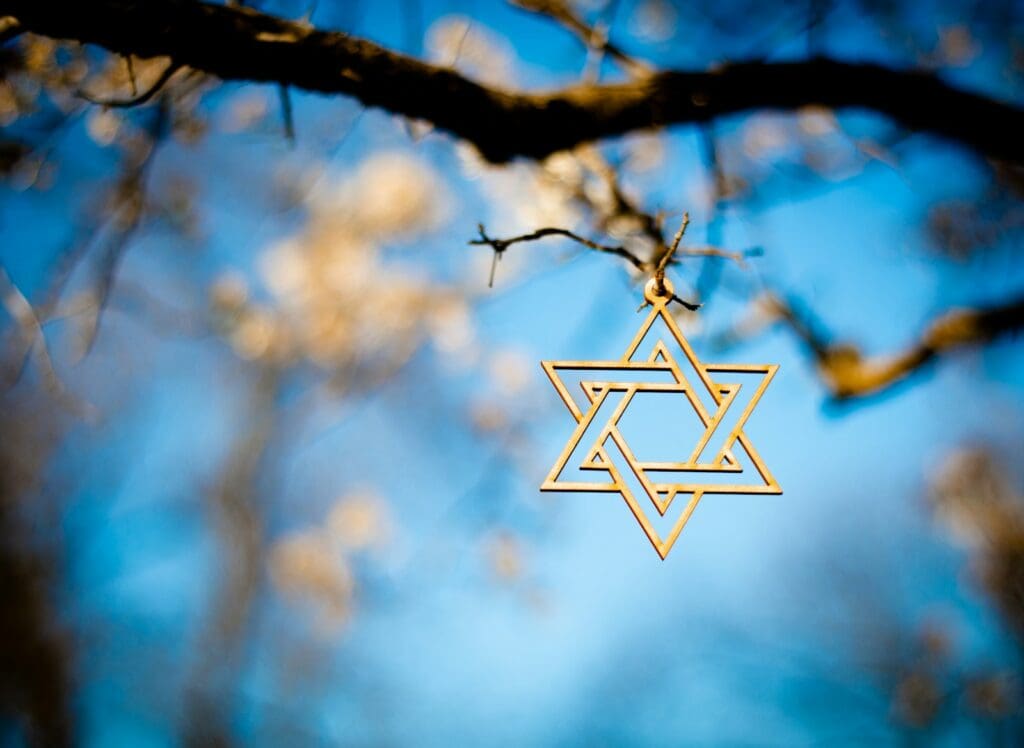
When describing bargaining, people used to say something like he “tried to Jew me down” when meaning trying to get the money amount lower. It goes back to the time Jews were banned from most professions and forced into moneylending. Not only is this offensive and anti-Semitic, but it negatively casts Jews as stingy, money-grubbing, and manipulative.
15. Ghetto
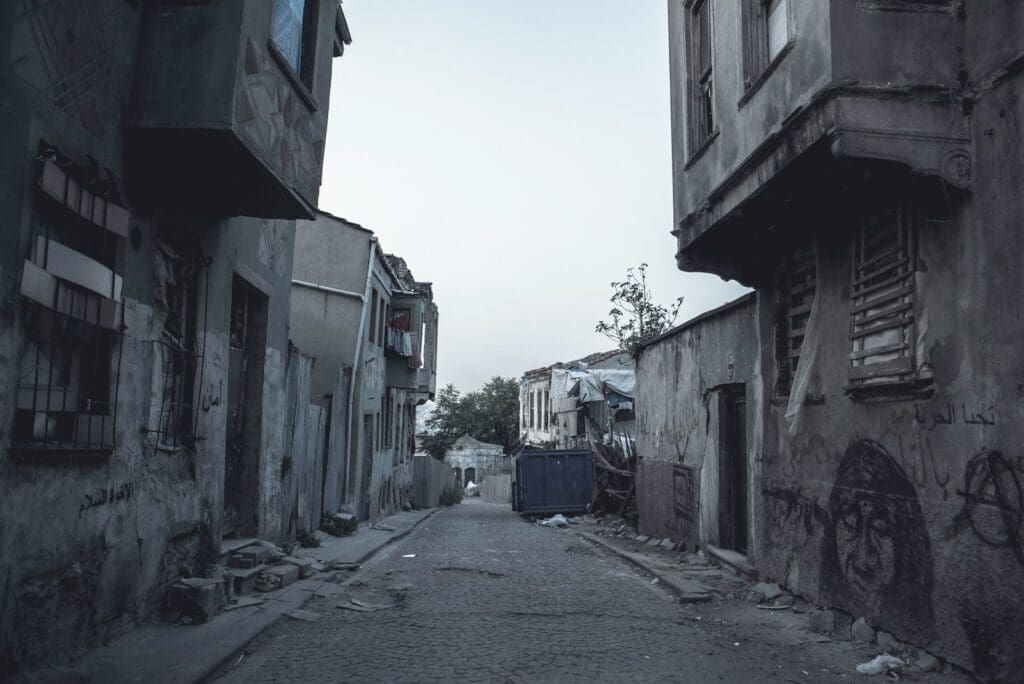
The term ghetto originated in Venice in 1516, describing an area for Jewish settlement shut off from the rest of the city. Hitler repeated this in Germany. In modern slang, it typically means behaving in a low-class manner or living in a slum area. It’s offensive because it is mostly negatively associated with Black people and reinforces stereotypes.
14. Looks Exotic
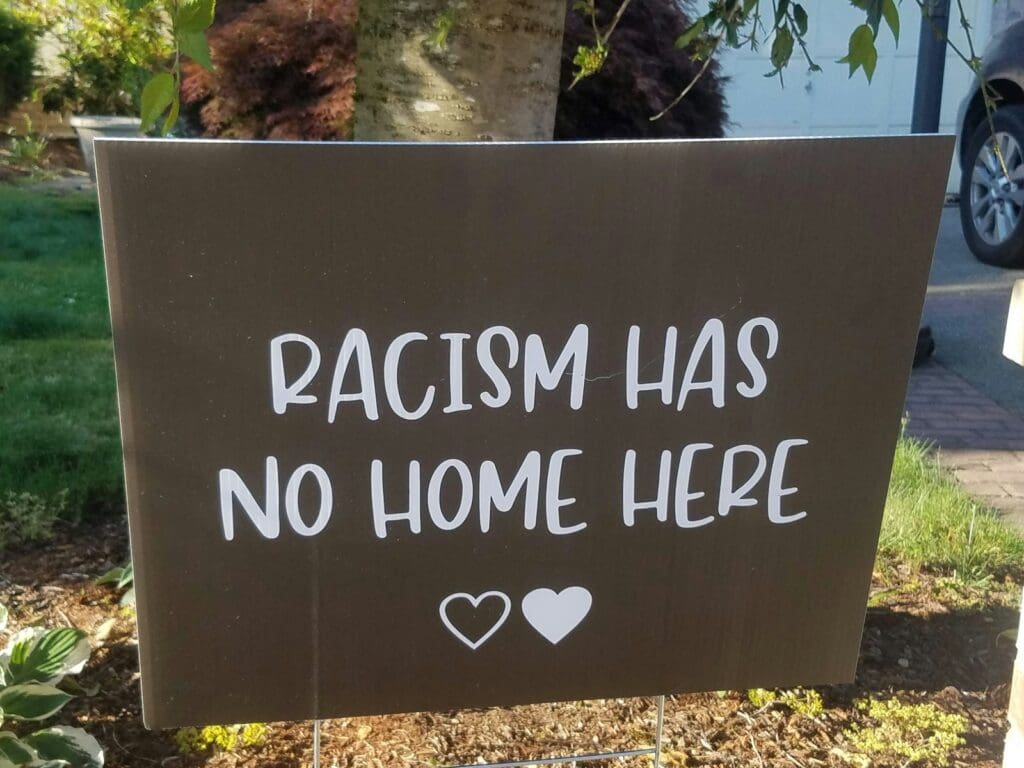
The term exotic when applied to someone’s appearance, was used to describe someone having features that are foreign, different, or unusual, in an exciting, alluring, and enticing way. It mostly referred to someone having physical features that seem to be nonwhite and non-European. It’s now considered offensive because it’s focused on ethnicity and sexuality.
13. Lame
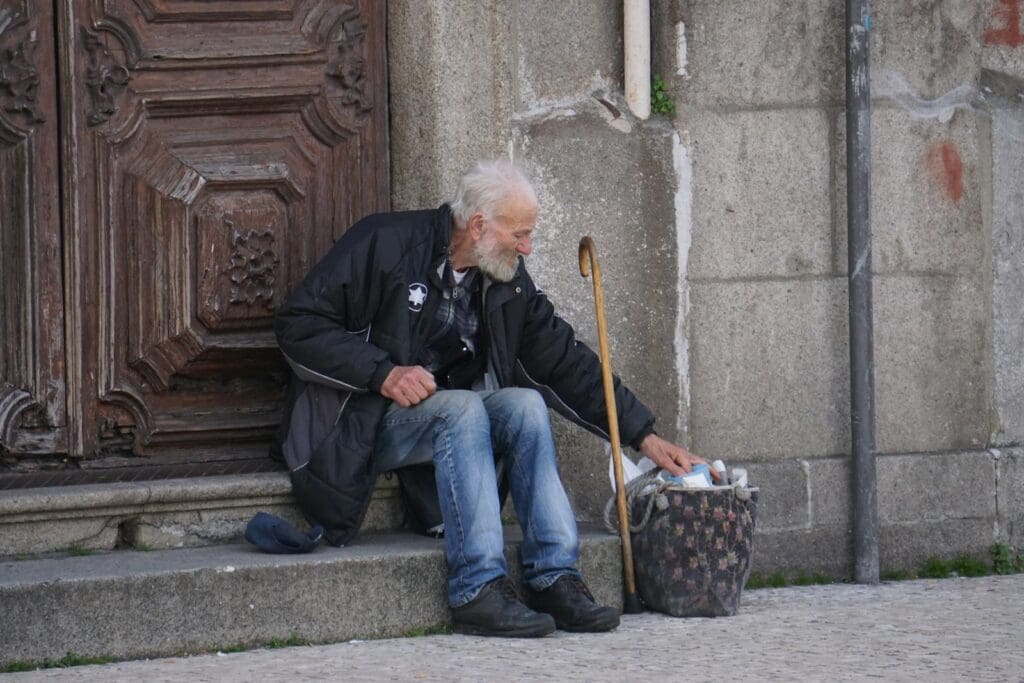
As a slang term, lame has many meanings. It can refer to something or someone being dumb, out of touch, stupid, outdated, unsophisticated, boring, foolish, dull, uninspiring, and more. The original term referred to someone, particularly an animal, being unable to walk or walk without difficulty, such as limping. Now, it’s considered offensive because of its connotations with physical disabilities.
12. Dumb Blonde

Dumb blonde is a pejorative term directed at women with blonde hair, particularly those who are attractive and/or are bleached blondes. The term implies that the only attribute such women have is their looks and they lack intelligence or skills. It’s considered offensive because it ignores that a woman’s appearance does not determine her intelligence, strength, and capabilities.
11. Man Up
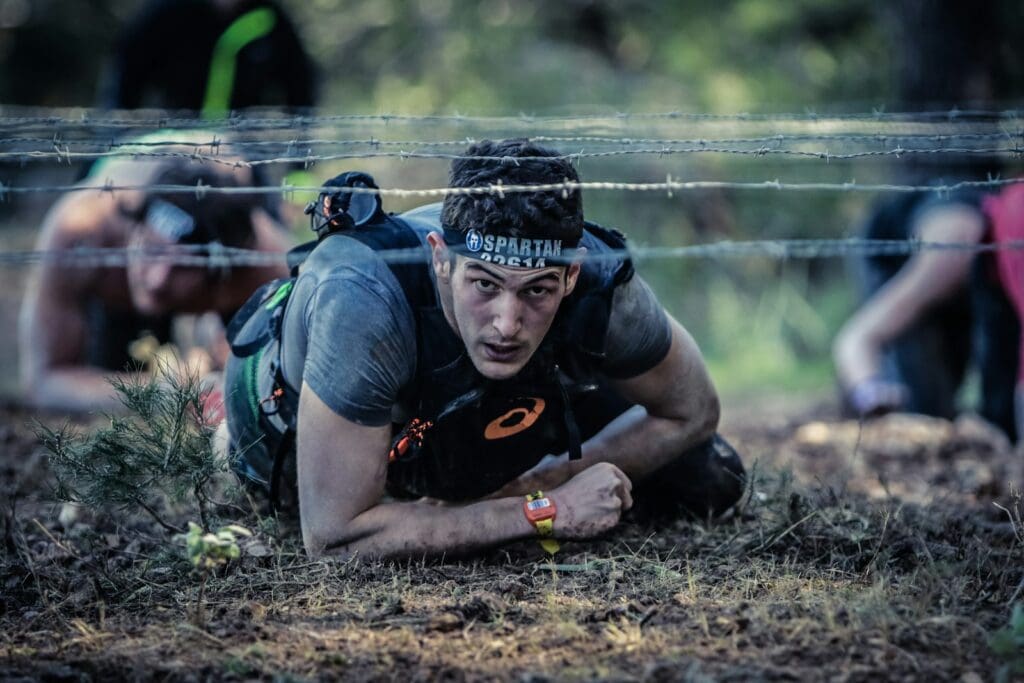
The term man up gets directed both at men and women. It means rising to the challenge or obligation to deal with something. Further, it implies that the situation must be handled in a manner considered strong or manly. Now, it is considered offensive because it reinforces gender stereotypes. When directed at women, it implies male superiority.
10. Blacklist or Blacklisted
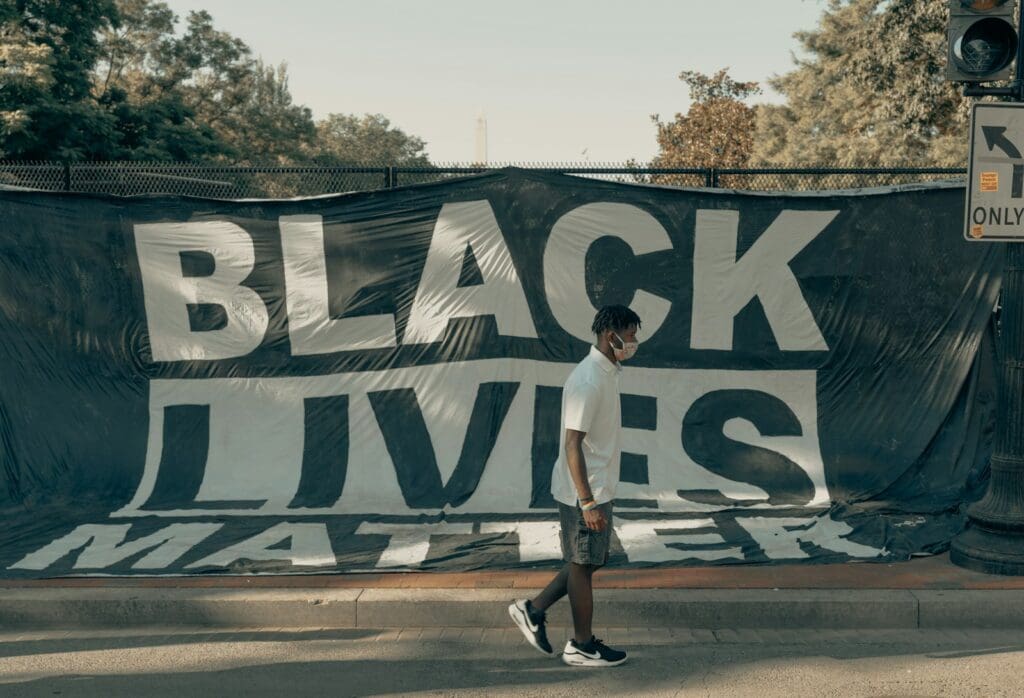
Early in the 17th century, the term blacklist identified workers who were considered troublesome for participating in union activities and barred from employment. It was also used in the transatlantic slave trade as a “list of persons who have incurred suspicion.” Later, blacklists denied opportunities to Black people. Blacklist is considered offensive and replaced with the neutral phrase “denied access.”
9. Master Bedroom

Realtors use the term master bedroom to refer to the bedroom of a house that is larger and more luxuriously designed and often has an adjoining bathroom and a larger closet. The word “master” has connotations with slavery, dominance, and ownership and is now viewed as offensive. Some realtors are voluntarily using terms such as primary in place of master.
8. Hey Guys

“Hey guys,” is a term for addressing everyone in a group. It’s used more frequently in some regional areas than others, particularly on the West Coast. The South tends to use y’all, which doesn’t imply a gender. Gender implication is the problem with hey guys, which some women and non-binary people find offensive.
7. Gyp
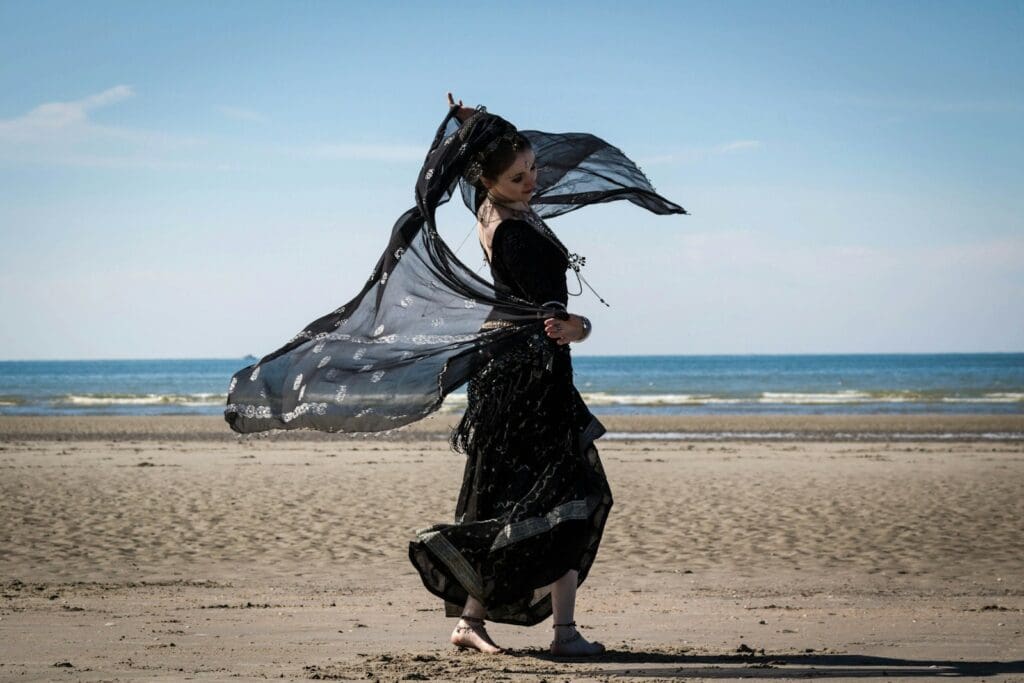
As a slang term, gyp means to cheat or to shortchange. Phrases such as don’t “gyp me” or “stop being a gyp.” Gyp is a shortening of the word Gypsy, which itself is often a derogatory term for the Roma, a nomadic people. Gypsies were stereotyped as being con artists and swindlers among other things.
6. Blind Spot
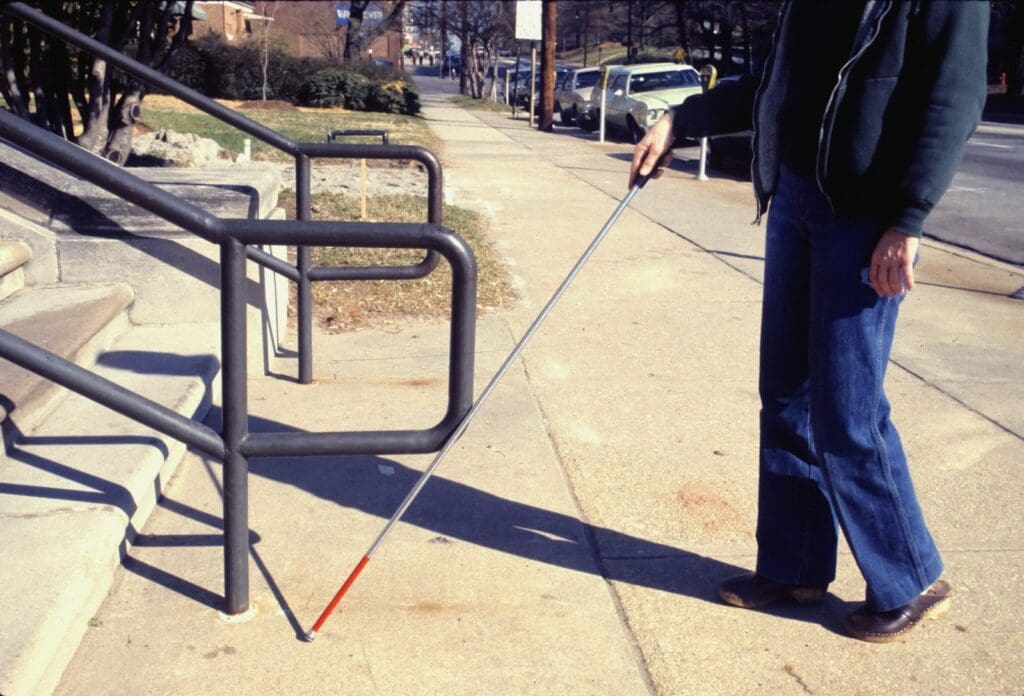
As a slang term, “blind spot” refers to not being aware of something because it’s literally out of your vision (such as your side mirror when driving), or you aren’t aware of it because of an assumption, misinterpretation, bias, or lack of knowledge. The term blind spot is considered offensive because someone visually impaired may feel uncomfortable hearing those words.
5. A Former Addict
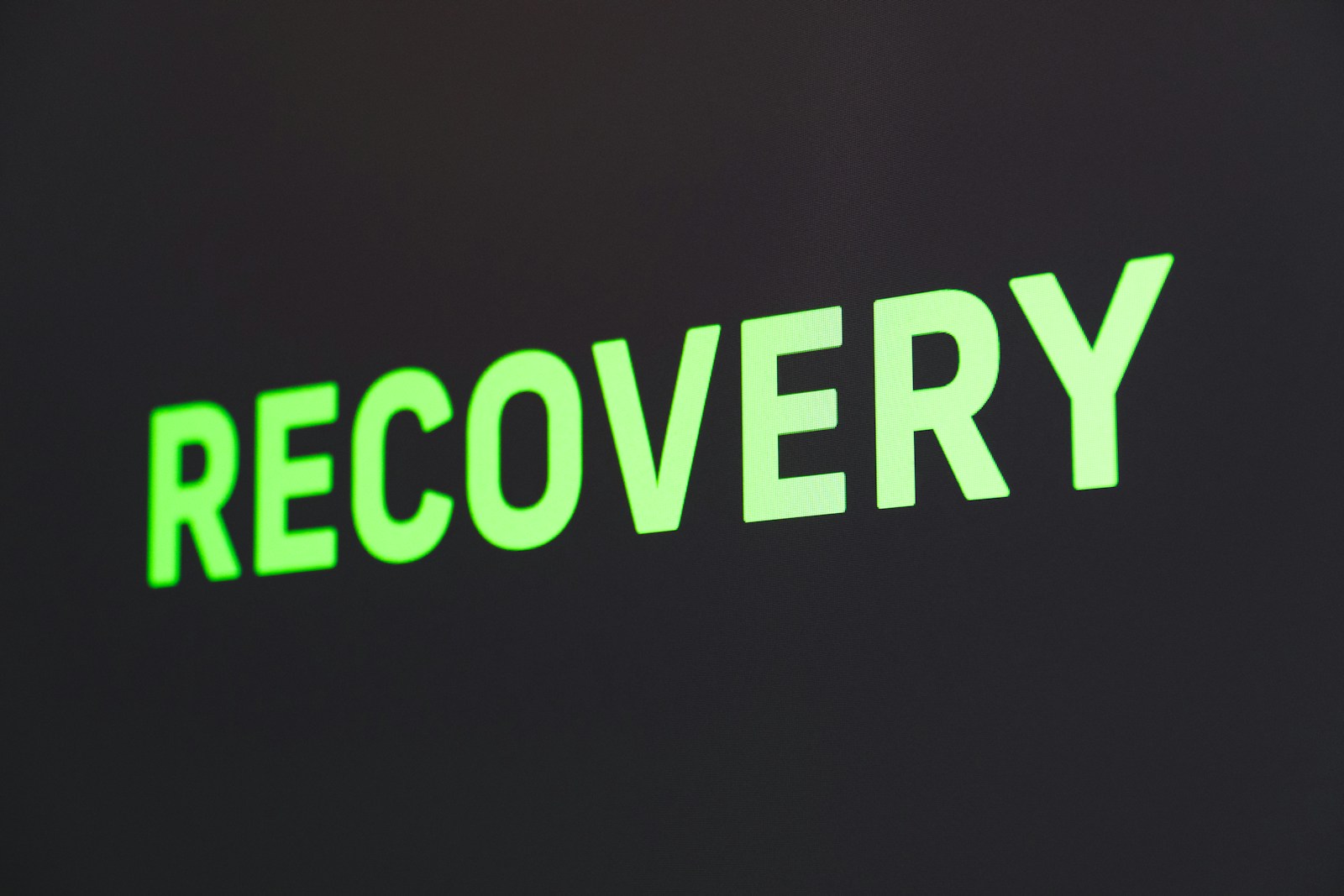
It’s still common to refer to someone who previously had a drug problem as a former drug addict. However, using the word addict is now considered offensive because it carries a negative stigma. People say more compassionate terms should be used such as “a person in recovery” or “managing a substance use disorder.”
4. Mankind
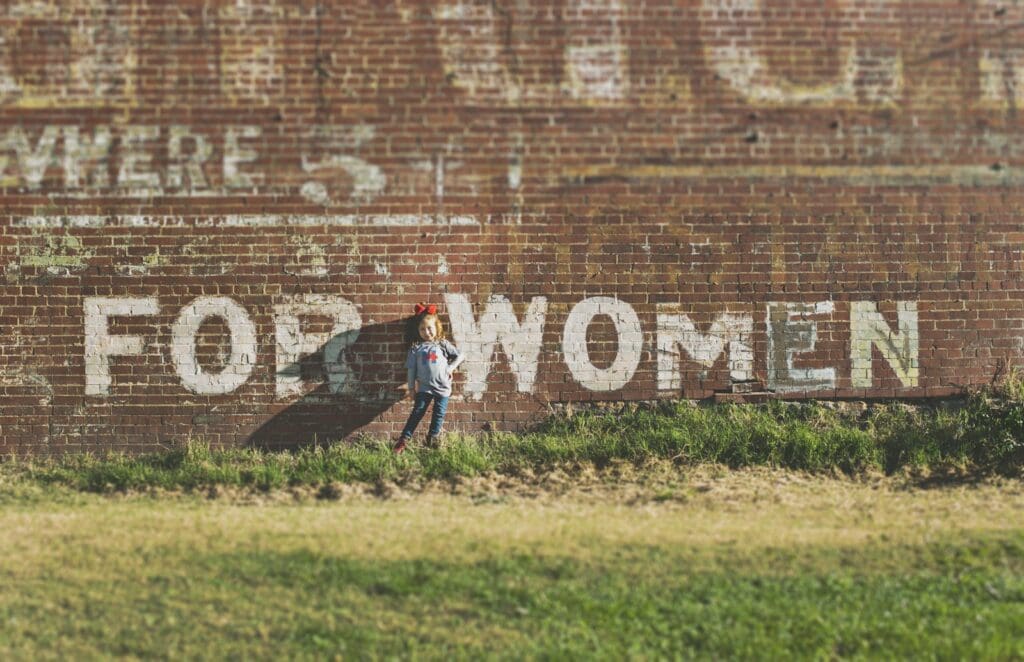
The long-used word for referring to all of humanity throughout history has been mankind. It’s in the Bible and countless other historical documents. However, today, people find the term offensive because it excludes women and non-binary people. They argue that mankind should be replaced with humankind as the term is gender inclusive.
3. Retarded
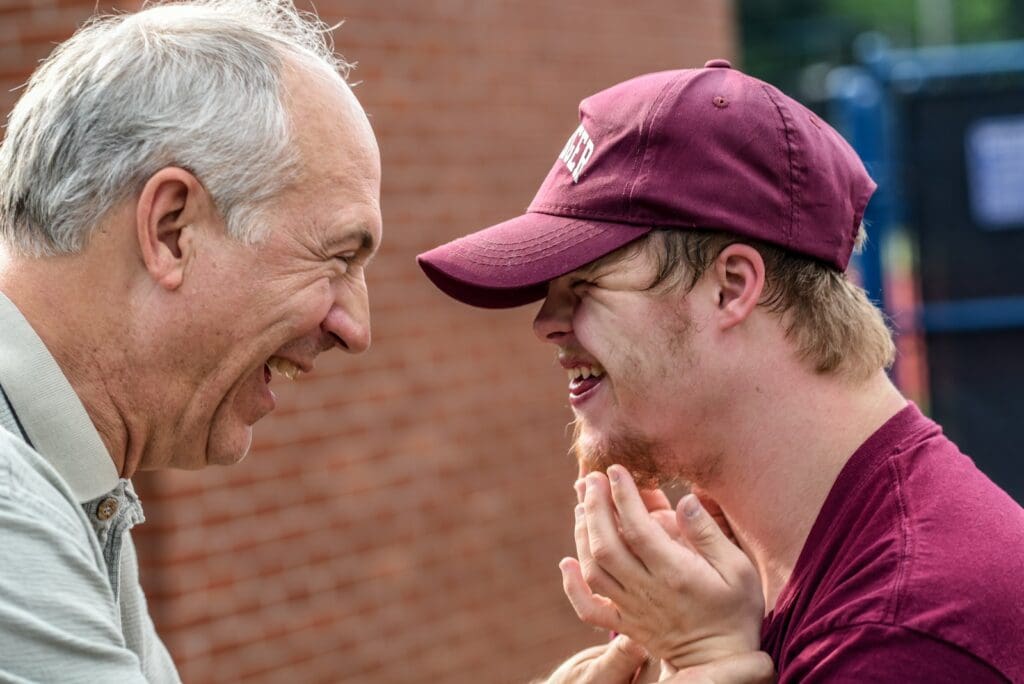
In slang, retarded means stupid, dumb, foolish, silly, and more. Medically, retardation means slowness or limitation in intellectual understanding, awareness, or development. Retarded is now considered offensive because of its connotations with intellectual disability. Despite retarded being a correct medical term, some people prefer mentally challenged, which comedian George Carlin argued was even more offensive.
2. Eskimo
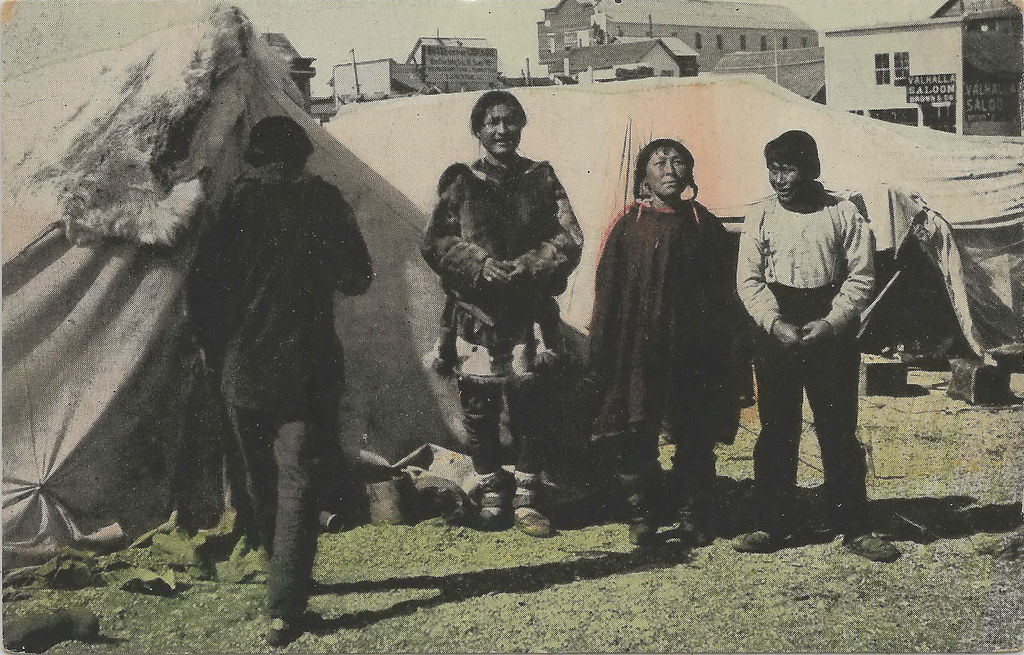
Many people mistakenly believe that Eskimo is the proper term for people who inhabited the Arctic and sub-Arctic regions stretching from Eastern Siberia to Alaska, northern Canada, and Greenland. However, these people prefer being called by their proper tribal names. For example, the Inuit Circumpolar Council prefers the term “Inuit.”
Read More: The Dark Side of Saying “I’m Sorry”
1. I’m Colorblind or I Don’t See Color
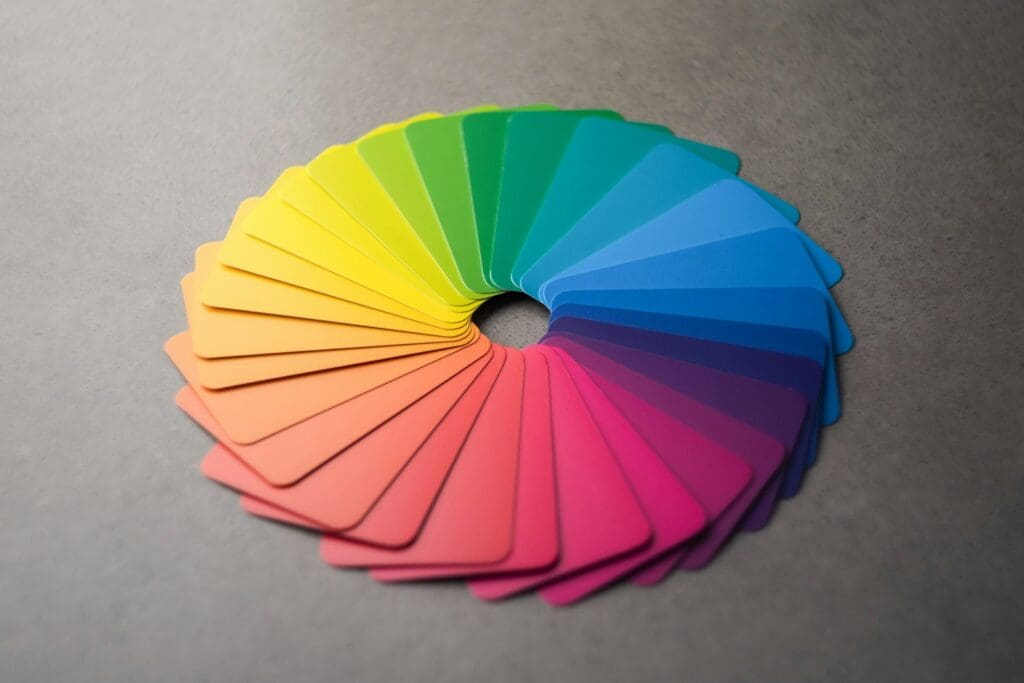
Some people use the term “I’m colorblind” or “I don’t see color” with good intentions as a way of indicating they have no racial prejudices. However, some people still find these terms offensive. To say that you are colorblind or don’t see color is viewed by some people as simultaneously suggesting that race doesn’t play a role in society.
Read More: Everyone Agrees. These Are The Most Offensive Food Smells

